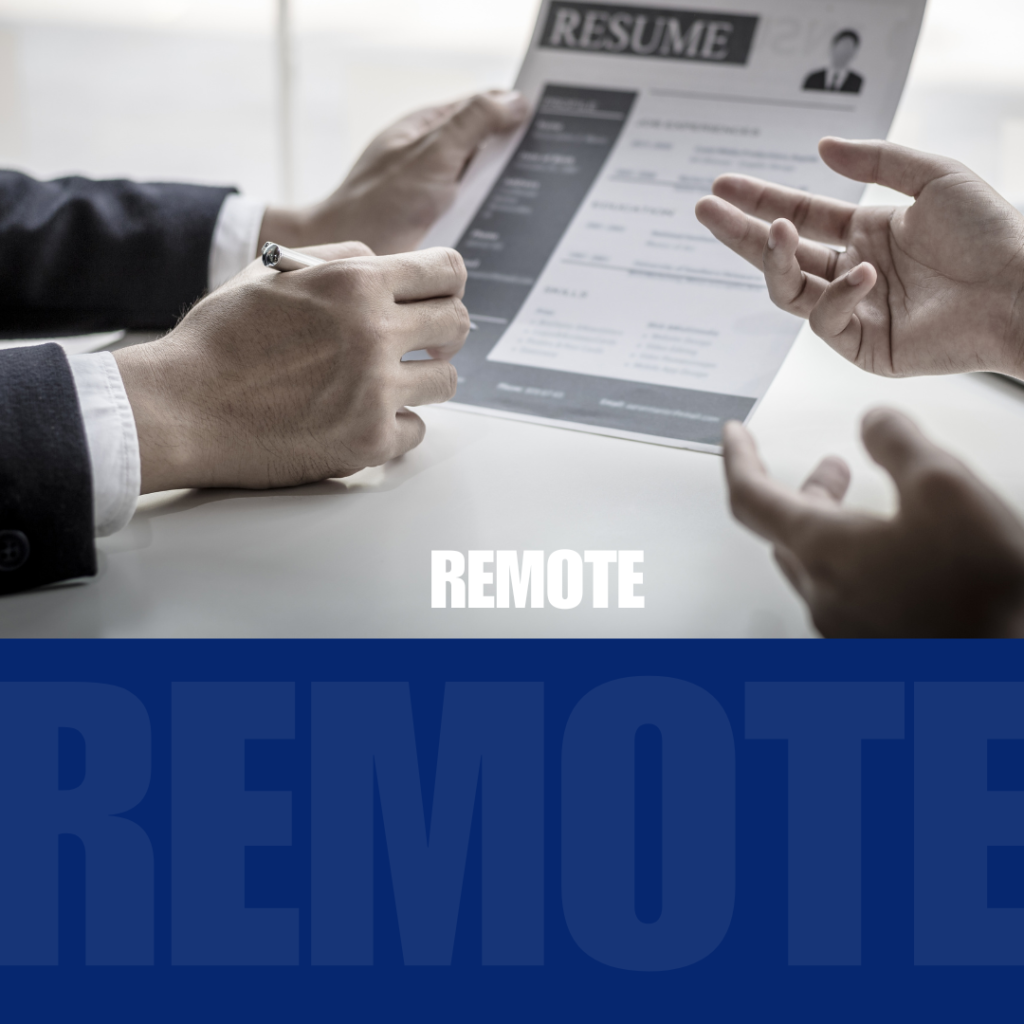
Why the Best Candidate Is Not the One Who Aced the Interview
Interviews are designed to test skills, personality, and culture fit. But the candidate who gives perfect answers is not always the one who will thrive in the job. Interviews are a performance. They measure how someone acts in a controlled, high-pressure situation. Real work is messy, unpredictable, and full of challenges. The person who shines in an interview may not be the one who shines when things get real.
The Interview Performance Trap
Some candidates treat interviews like an exam they can study for. They rehearse answers, memorize success stories, and learn body language tricks. This can make them look flawless for an hour. But the polished surface doesn’t always match the reality of how they work. A candidate who handles unexpected problems well might stumble in an interview if they’re nervous. Meanwhile, someone with average skills in real life might sound like a superstar when the questions are predictable. This creates a risk for companies who judge only the performance, not the substance.
Real-World Skills Don’t Always Show in a Room
The best employees are often problem-solvers who adapt fast. They might not speak in perfect corporate language, but they know how to get results. The pressure of an interview can hide these strengths. People who are thoughtful, analytical, or naturally quiet may not shine under timed questions. Yet in the workplace, their depth and persistence can outperform a more charismatic hire. Hiring managers who only look for interview perfection miss out on these hidden stars.
Cultural Fit Isn’t About First Impressions
An interview is just a snapshot. It’s easy to confuse charm with compatibility. A candidate can match your company’s tone in the room but struggle with the real culture once they join. On the other hand, someone who seems a little awkward in the interview might connect deeply with the team in daily work. Cultural fit is proven over time, not in 60 minutes of small talk and scripted questions.
Rethinking How to Spot the Best Hire
If you want to find the true top performer, you have to go beyond the interview. Practical tests, trial projects, and real-life problem scenarios show more than perfect answers ever will. Seeing how a candidate handles stress, collaborates, and adjusts to change tells you who they really are. The best hire is the one whose skills, mindset, and resilience stand out in reality, not just on interview day.

